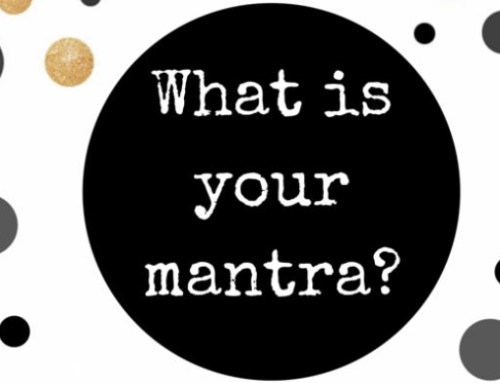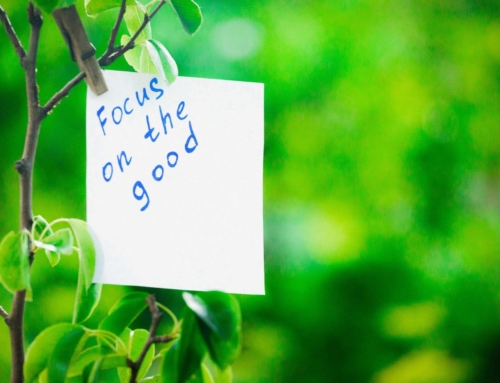Self-Care During Collective Crisis
If we’ve learned anything from the events of our world in the past few months, it’s that crisis happens and we may feel powerless, but one thing is certain: we have power over ourselves and how we respond, decisions we make, and how we show up in the world. When we experience crisis, whether on an individual basis or collectively, it is important that we take time to care for ourselves. During these periods of time, our nervous systems are in hyper-drive and doing what they were designed to do: keep us safe. Nervous systems in fight, flight, freeze, or faint are excellent helpers during crisis, but unhelpful and unsustainable for long periods of time. There are very specific ways we can nurture and ground ourselves when we encounter stressful situations, which is what we will unpack today.
It is helpful to begin by blocking out short periods of time for complete silence. Eliminating distraction and stimuli for even just a few moments can give us time to hear our inner voice more clearly, and even connect with our Higher Power. In these blocks of time, we can also go a step further to pause and feel what is coming up in our body. See if you can notice where you may be holding tension. If you’re experiencing a specific emotion (sadness, anxiety, anger, disappointment, confusion), try to locate where that might present in your body experience. Name it, feel it, and even journal about it. By bringing attention to our somatic response, it can bring about a natural sense of calm. Our emotions and body sensations are there to give us information we need to know about ourselves.
Next, we can begin to identify certain situations, relationships, and stressors that cause dysregulation and implement boundaries accordingly. An example of this could be watching a great deal of news or always checking our notifications and updates about what is happening in the world. If we find ourselves on edge and feeling overwhelmed or stressed out by it, we can place some specific boundaries around how we spend our time. We may limit news intake to once or twice per day for a maximum of 20 minutes. This boundary would be in place to help protect our nervous system and energy from being continually flooded.
Lastly, we can prioritize rest and joy. Many people find it helpful to get outdoors and spend time in nature. Whether it’s walking, biking, running, or hiking, nature is one of the best forms of coregulation. Our nervous systems tend to settle when we are outdoors. Another way to prioritize joy could come in the form of connecting with loved ones. We may be limited during this pandemic, but this could entail phone calls, Zoom meetings, or socially distanced in-person connection. Rest is also a key factor in self-care. This can come in the form of practicing regular sleeping patterns. Keeping our sleep and wake times consistent to help our nervous systems know what to expect and maintain a sense of routine. Breath work is also a form of rest for our bodies. There are many forms of breath work, but a common one is the 4-7-8 breathing technique. To do this, you exhale completely through your mouth, making a whoosh sound. Close your mouth and inhale quietly through your nose to a mental count of 4. Hold your breath for a count of 7. Then exhale completely through your mouth, making a whoosh sound to a count of 8. Doing this for a few rounds can help the nervous system regulate and calm.
As we move forward and through a collective crisis, it’s important to check in with ourselves and take compassionate care as we go. By doing this, we are preventing more serious symptoms and issues from manifesting. In everything that you do, remember to take good care of yourself. Extend compassion and empathy more than ever before.
Grace & peace,
Ashley Worthington, MA, LAC
Living Hope Counseling
Ashley Worthington, MA, LAC, is a guest blogger for PAL and works with Living Hope Counseling






